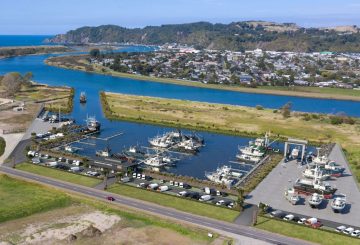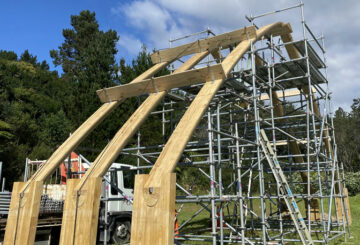The Government says it is delivering on its 2020 election commitment to tighten up rules on farm-to-forestry conversions by giving communities greater control over the planting of forests, Forestry Minister Peeni Henare says. “These changes are about getting the right tree in the right place, by seeing fewer pine forests planted on farmland and more on less productive land,” says Henare. “We are empowering local councils to decide which land can be used for plantation and carbon forests through the resource consent process. Henare says amendments to the National Environmental Standards for Plantation Forestry will see the environmental effects of permanent pine forests being managed the same way as plantation forests. “This means many standards such as ensuring firebreaks, rules planting next to rivers, lakes and wetlands will now be required for any new forestry conversions.” The changes follow extensive public consultation on the national direction for plantation and exotic carbon afforestation last year.
The concern is that blanket planting of productive land is counterproductive. This change will assist communities to ensure that the right type and scale of forests are planted in the right place. “The forestry sector is important to local economies, contributing over $6.5 billion annually and providing over 35,000 jobs. “However, large-scale change in land use for exotic carbon forestry, if left unchecked and without any management oversight or requirements, has the potential for unintended impacts on the environment, rural communities, and regional economies.”
Credit: sunlive.co.nz





























































